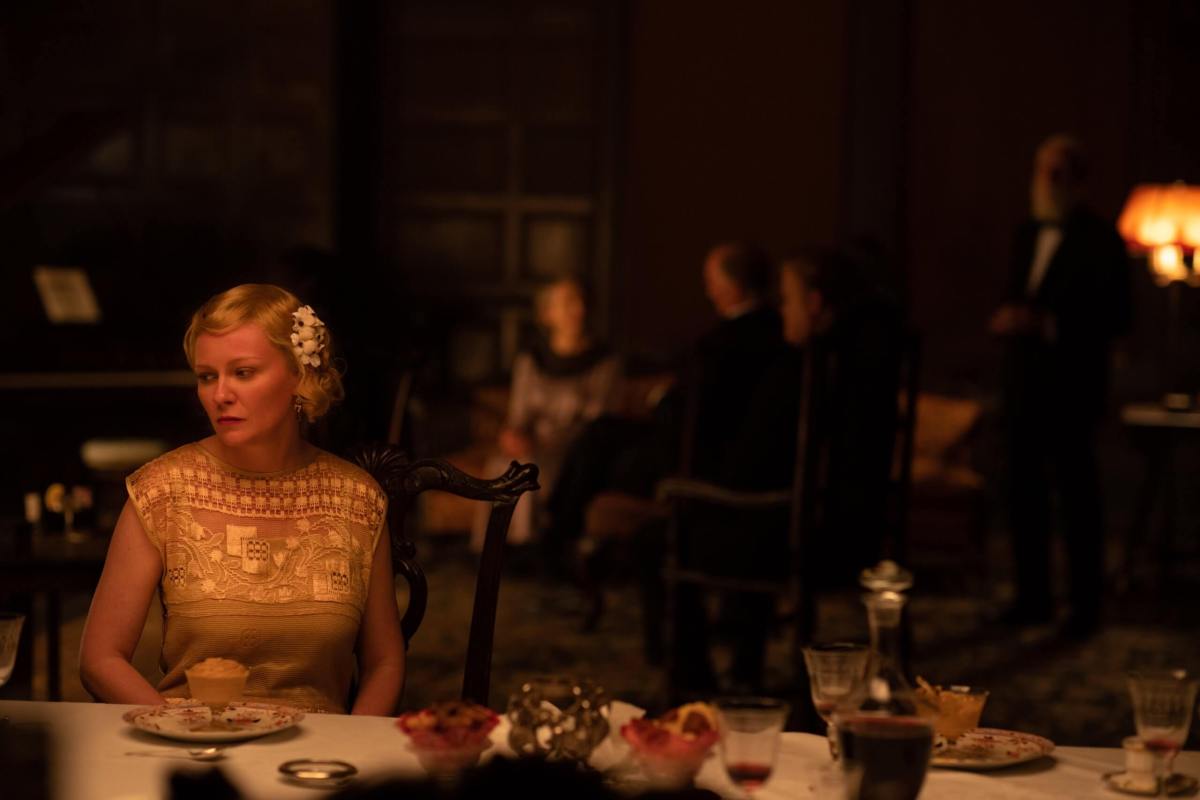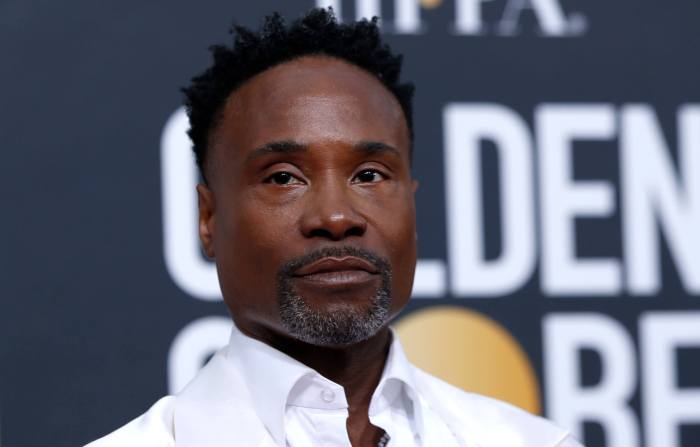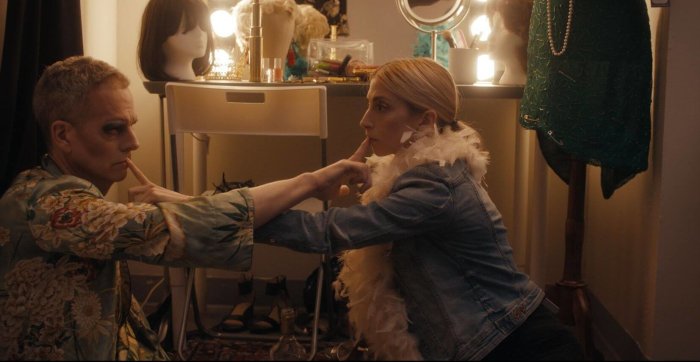“Power of the Dog” is an intensely physical film. Its onscreen violence is directed at animals rather than people, but it pulses with blood and sweat. Director Jane Campion takes a casual approach to nudity in an almost all-male environment. The only substantial female character remains fully clothed, but men doff their clothes and jump in the river. Its characters lie to each other, with ambiguous motives. But the body remains legible.
“Power of the Dog” was adapted by Campion from a 1967 novel by gay author Thomas Savage. Although set in 1925 Montana, her native New Zealand doubles for the American West. Two brothers, Phil (Benedict Cumberbatch) and George (Jesse Plemons), own a large ranch where they raise cattle and horses. George becomes involved with Rose (Kirsten Dunst), a widow who owns a boarding house. Her son Peter (Kodi Smit-McPhee) is a teenager obsessed with taxidermy. His potential creep factor is indicated by trapping a rabbit, then killing and disemboweling it. Nonetheless, Phil and his workers initially scoff at his dandyish demeanor. George and Rose suddenly get married, and he brings his wife and new son back to the ranch with him.
Phil is an awful person, and his behavior suggests he’d be the first to say so. He calls his brother “fatso,” repeatedly insulting George’s looks. He holds the entire world in contempt for not living up to his standards, yet he admits that he’s dirty and smelly. He’s haunted by a lost love he has never been able to repeat. His own physical appearance — sly grimace, tan skin, scruffy beard — contrasts with his brother’s carefully trimmed mustache and penchant for bowties. He looks down on George as feminine, with his own masculinity expressed by castrating a bull with just a knife and his bare hands. Jonny Greenwood’s score adds to the mood, with passages of seething strings waiting for the chance to build to crescendo.
No one ever mentions the word “gay” in “Power of the Dog,” although its characters do use homophobic slurs. But the men who work on Phil’s ranch act as though they don’t understand the ambient homoeroticism. It’s a case of homophobia masking the homosocial. If they denounce Peter as a “nancy” — and worse — because of his looks and clothes, they don’t notice the absence of the women they’re supposedly attracted to. In this film, machismo is a performance, even if it’s an unconscious one.
The clues to Phil’s gayness pile up. Peter finds his private stash of “physique” magazines, showing hunky men in near-nude photos imitating Greek statues. He talks about his mentor Bronco Henry, even describing a night when they slept naked together. When he and Peter are together, the tension is evident, although it’s not clear whether Peter is attracted to him as a role model or crush object.
“Power of the Dog” follows the path of Bernardo Bertolucci’s “The Conformist” by showing how homophobia warps gay men, leading to destructive behavior. This seems a bit old-fashioned at this point, but the film looks back to an archetypal American setting and genre. (Indigenous people only appear in one scene, although it’s a crucial one.) When “Brokeback Mountain” premiered and was received as the first gay Western, “The Daily Show” played a montage of homoerotic clips from Westerns. The secret is safe if it’s never spoken explicitly and everyone assumes heterosexuality as the default.
Campion hasn’t directed a feature film in 13 years. Her most popular film, “The Piano,” made her the second woman nominated for a Best Director Oscar, and it also won the top prize at Cannes. But her sudden success seems to have actually held her back. She’s made worthwhile films in between “The Piano” and “Power of the Dog,” especially the underrated erotic thriller “In the Cut,” but “The Piano” did not prove to be the key to a thriving career. In 30 years, she has only made eight features. She’s frequently expressed the messy, dangerous nature of female desire. “Power of the Dog” turns that same interest towards masculinity.
“Power of the Dog” returns to cinema with an eye for grand textures. In Campion’s hands, devices like quick, abruptly edited close-ups regain their force as expressions of intense emotion. Her version of Montana alternates between grand vistas of mountains in the background and an upfront humidity. (Phil coats himself with mud before going for a swim.) The film coils with repressed rage as it nears the finish line, culminating in a final scene which puts the preceding two hours in a new light. It pulls toxic masculinity away from its status as a social media buzzword and lays out its damage in a stark but subtle manner.
POWER OF THE DOG | Directed by Jane Campion | Netflix | Opens Nov. 15th at the Paris




































